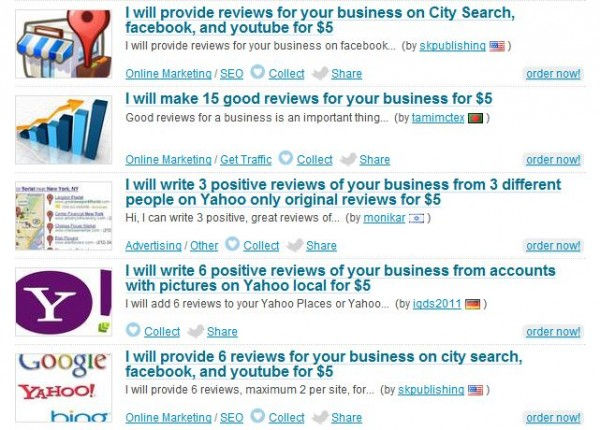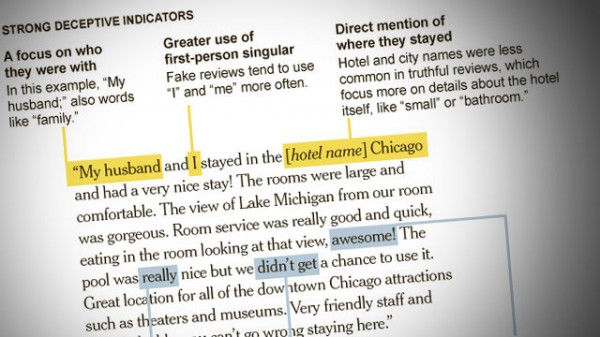Does Your Company Pay For Social Media Reviews?
- Fahad H

- Sep 24, 2012
- 2 min read
A recent survey from research firm Gartner estimates that by 2014, 10-15% of all reviews left by users on social media sites will be paid for by the companies themselves. While this isn’t a new phenomenon, companies may not see the potential downfalls of going overboard when it comes to paid social media interactions and reviews.
There is a right way and a wrong way to work with online users to generate content about a business in exchange for cash. For instance, working with well-trafficked bloggers on a paid review campaign that lets them give their honest feedback is a great way to generate buzz in the blogging community — and it doesn’t come across as spammy or as trying to control users’ online voices.
However, paying a “social media agency” for online reviews, without knowing the people who are posting them or what they are going to say, can certainly blow up in a company’s face. A social media agency that claims to get reviews “from real people” and sells multiple reviews for a low price are most likely using fake accounts and leaving reviews that are generic, full of grammatical errors, and offer no genuine and helpful feedback for a company and other users.
The Downfall Of Mass Reviews
It is much better for a company to take a chance that a high-quality, compensated user may leave a negative review rather than paying for fake positive reviews. This is even more the case when a company buys multiple “reviews” from one person at a time, on a site like Fiverr.com or Yelp:

Avoid Paying For Reviews From Users Like This.
Social media sites (as well as the users themselves) can usually tell when reviews are fake and they respond appropriately (which can be disaster for a company). People don’t like it when online content (especially that which is posted on social media and review sites) isn’t real. They are trusting that reviews online are genuine because they are choosing to base their vacation, next meal, event, or product purchase on what others are saying online.
Lifehacker recently had an article about how to spot fake reviews. For instance, fake reviews usually mention the business name and use “I” or “me” a lot more often than genuine reviews.

The obvious point of social media is that all opinions are authentic and belong to real people, so fake profiles that write fake reviews jeopardize that. The continuing trend of paying for fake reviews not only brings down the quality of the content online but the also the quality of users, as more fake or mass profiles are created to keep up with the demand.
Paid Review And Content Trends Will Continue To Rise
While compensated reviews and social media content will always be present, once companies understand the true complications of mass fake reviews, it may be possible to work toward compensating users for content that is genuine.
The power is certainly in the hands of bloggers, social media users, and other online content creators. Companies must strive to produce real connections and relationships with these users instead of trying to falsely represent a good reputation. Trying to be sneaky online almost always leads to disaster.




Comments